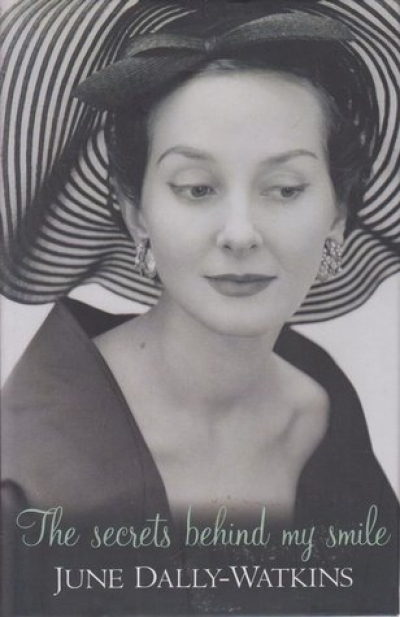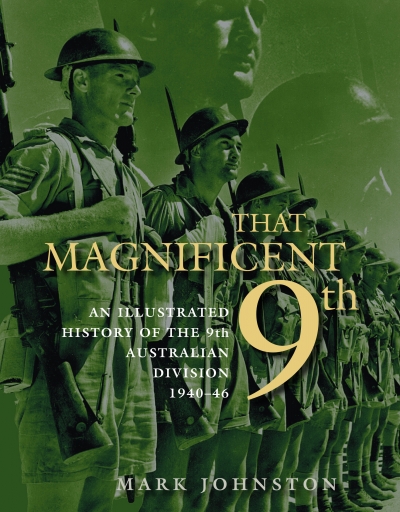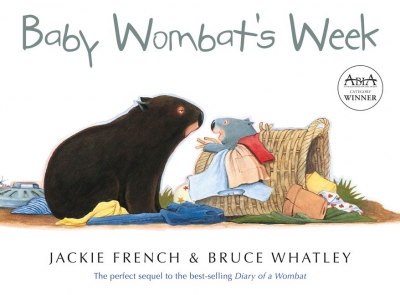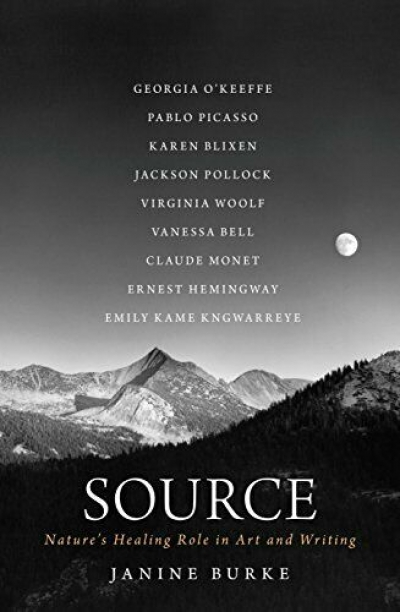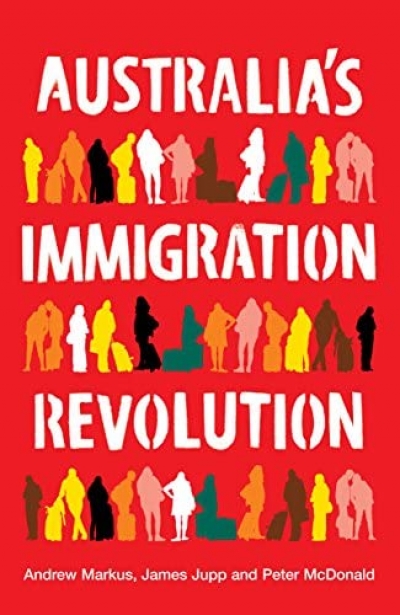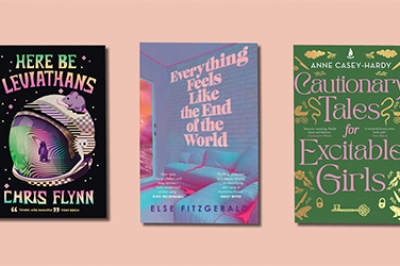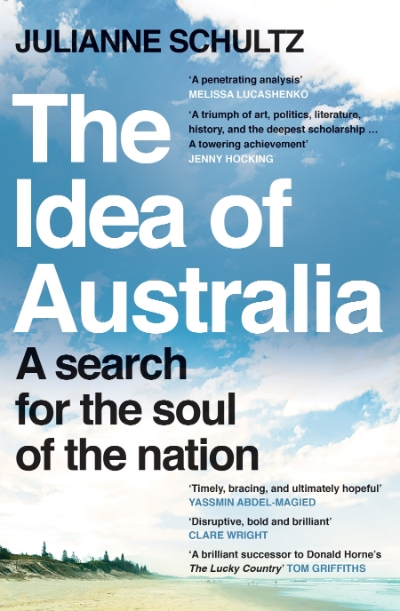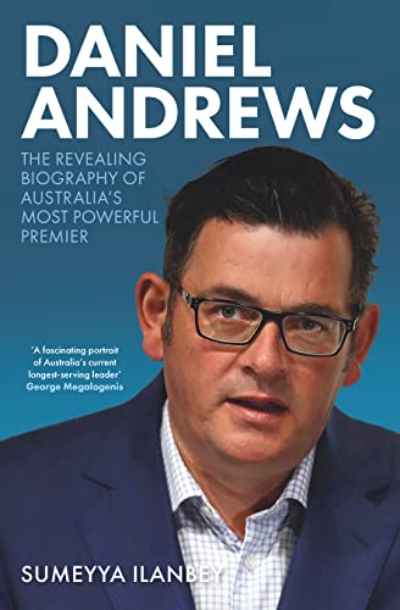Allen & Unwin
Girls like books about friends and relationships. Boys like books about explosions and sport. Right? Like any generalisation based solely on gender, the answers are, invariably, ‘yes’; ‘sometimes’; ‘up to a point’ and ‘of course not’. This latest grab bag of junior fiction contains its fair share of ‘girlie’ books about friendship and ‘boyish’ books about sport. Thankfully, there are also some books to cater for other sections of the spectrum, including sensitive explorations of boys’ friendships and robust girls who trek up mountains.
Meg McKinlay’s Annabel Again (Walker, $14.95 pb, 143 pp, 9781921150104) lands us squarely in girlie territory. When Livvy’s best friend moves away, her world folds. With the best of intentions, her New Age mother hatches a plan to help Livvy forget about Annabel, as quickly as possible. But one year later, Annabel returns and Livvy believes things will be just the same again. But Annabel is distant and hostile, and nothing is the same. Can their friendship be resurrected? This book covers familiar ground, but the treatment of the girls’ friendships is refreshingly angst-free. This is a quick, humorous read that highlights both the strength and delicacy of friendship, and offers some sound advice about when not to listen to your mother.
... (read more)The Secrets Behind My Smile by June Dally-Watkins & Kerryn and Jackie by Susan Mitchell
That Magnificent 9th by Mark Johnston & Alamein by Mark Johnston and Peter Stanley
Baby Wombat's Week by Jackie French & Bruce Whatley & Jasper & Abby and the Great Australia Day Kerfuffle by Kevin Rudd & Rhys Muldoon
Source: Nature’s healing role in art and writing by Janine Burke
The ups and downs of biography
Hazel Rowley is the 2007 Australian Book Review/La Trobe University Annual Lecturer. That title is quite a mouthful (the acronym doesn’t bear thinking about), but one that Dr Rowley will handle in her stride, as those who recall her appearances on Australian literary stages will attest.
Dr Rowley – born in England and educated in Australia – taught for many years at Deakin University before moving to the United States. In 1993 she published Christina Stead: A Biography. In her review in The Independent, Doris Lessing said, ‘Christina Stead has long needed a good biographer, and here she is.’ Miegunyah has just issued a revised edition of the biography, in time for Dr Rowley’s Annual Lecture – and her appearance at the Sydney Writers’ Festival.
... (read more)Australia's Immigration Revolution by Andrew Markus, James Jupp and Peter McDonald
There’s a theory that short fiction is the perfect panacea for modern life. As our attention spans grow weak on a diet of digital gruel and as our free time clogs up with late-night work emails, enter the short story as an efficient fiction-booster administered daily on the commute between suburb and CBD. I love this theory, and I will forever resent Jane Rawson for exposing its flaws in a 2018 Overland article on the subject. Rawson explains that most time-poor readers prefer to dip in and out of long novels, where they can greet familiar worlds without the awkward orientation period required by a new text. In contrast, says Rawson, collections of ‘stories plunge you back into that icy pool of not-knowing every 500, 800, 2000 or 5000 words. Who wants that? Pretty much no-one, if bestseller lists are anything to go by.’
... (read more)
